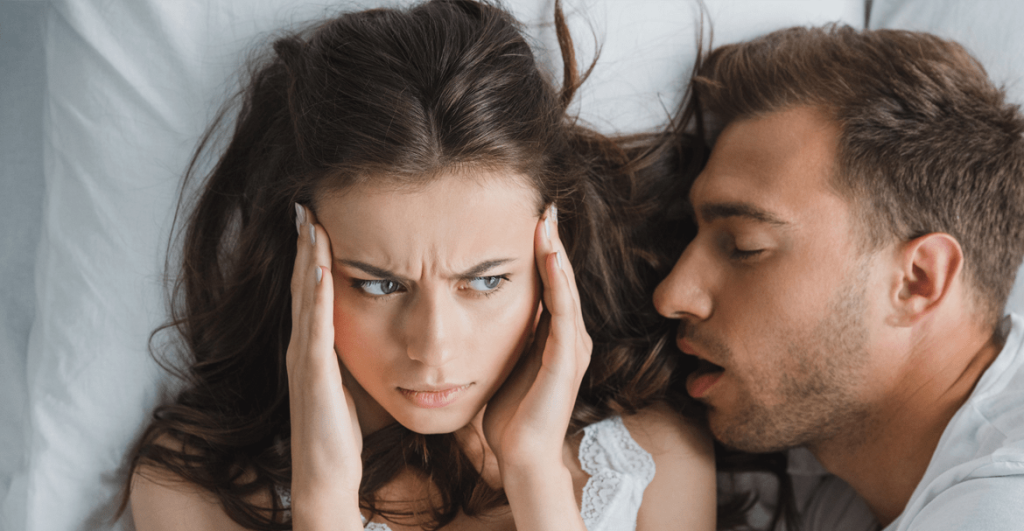Snoring is a common sleep disorder characterized by the vibration of the respiratory structures, resulting in loud and often unpleasant sounds during sleep for anti snoring solutions. It occurs when the airflow through the mouth and nose is partially obstructed, leading to the vibration of soft tissues in the throat.
Prevalence and impact of snoring
Snoring affects people of all ages and genders, although it tends to be more common in men and older individuals. It disrupts the snorer’s sleep and significantly impacts the quality of sleep for their partners or anyone sharing the same room with anti snoring solutions. Moreover, snoring can indicate underlying health issues such as obstructive sleep apnea, which may increase the risk of cardiovascular problems if left untreated.
Causes of Snoring
Obesity and lifestyle factors
Excess weight and an unhealthy lifestyle can also contribute to snoring. Fat deposits around the neck and throat can put pressure on the airway, causing it to narrow and leading to snoring. Additionally, alcohol consumption, smoking, and poor sleep habits can worsen snoring symptoms.

Traditional Anti-Snoring Methods
Over-the-counter devices
Many over-the-counter devices are available to help alleviate snoring. These include nasal strips, nasal dilators, and mouthpieces. Nasal strips open up the nasal passages, allowing for better airflow. Nasal dilators, on the other hand, are inserted into the nostrils to keep them open during sleep. Mouthpieces, also known as mandibular advancement devices, reposition the jaw and tongue to prevent airway collapse.
Lifestyle changes
Certain lifestyle changes can significantly reduce snoring episodes. Losing weight, exercising regularly, and adopting a healthy diet can help decrease the severity of snoring. Avoiding alcohol and sedatives before bedtime can also improve sleep quality and reduce snoring.
Positional therapy
Positional therapy involves changing your sleeping position to minimize snoring. Sleeping on your side instead of your back can prevent the relaxation of throat muscles and reduce the likelihood of snoring. Special pillows and devices are designed to encourage side sleeping and provide added comfort.
Innovative Anti-Snoring Solutions
Oral appliances
Oral appliances, also known as snoring mouthguards, are custom-fitted devices that help keep the airway open during sleep. They reposition the jaw and tongue to prevent obstruction and reduce snoring. These appliances are comfortable and can significantly improve sleep quality for snorers and their partners.
Nasal dilators and strips
In addition to the traditional nasal strips mentioned earlier, innovative nasal dilators are available that relieve snoring. These dilators are inserted into the nostrils to expand the nasal passages, allowing for improved airflow. Some are designed to gently open the nostrils, while others use advanced technologies such as microvalves to regulate airflow.
Vibrating devices
Vibrating devices are a unique approach to combating snoring. These devices are worn on the wrist or neck and use gentle vibrations to stimulate the muscles in the airway. By activating these muscles, the airway remains open, reducing the occurrence of snoring. This technology has shown promising results and provides a non-invasive alternative to other anti-snoring methods.
Acupuncture and alternative therapies
Some individuals turn to acupuncture and alternative therapies to address snoring. Acupuncture targets specific points in the body to improve energy flow and promote relaxation. Alternative therapies such as herbal remedies, homeopathy, and hypnosis may also be explored as potential solutions.




